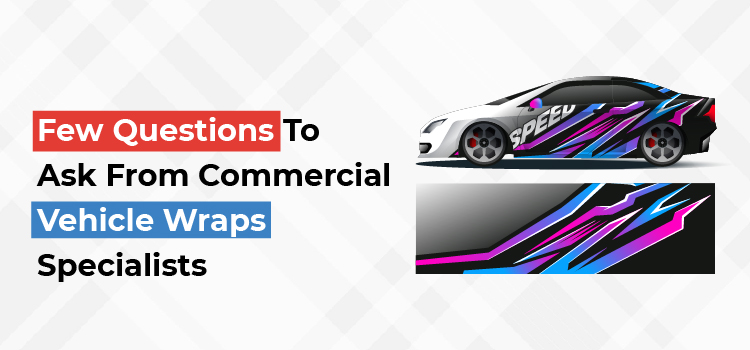SEO links are one of the most trending SEO tools that can help your website rank higher on search engines. SEO is basically Search Engine Optimization which works on various technical factors that decides the ranking of websites in search results in various search engines. The search engine that we use as reference most commonly is Google, as it is the most widely used search engine. Many advertising agencies like Brandians are experts with SEO and know where and how to place the links in any content in order to score a higher ranking. Why is ranking so important, though?
Benefits of Higher Ranking by SEO Links:

-
More traffic equals to more customers:
How many times have you visited websites on the third or even second page of Google search results? Probably not more than once. Let’s face it, if your website doesn’t make it to the first page by ranking higher, your website would get minimum traffic, which means very less customers for you to continue your business.
-
Your reputation depends on your position:
Obviously, the reputation of that student in class who always achieves the first position is much better than those students who just kept from failing.
-
More reliability leads to more conversion:
When you rank well, your audience naturally starts to trust your authenticity and is at a higher tendency to convert from traffic to consumers.
There are several more benefits of ranking higher in the search engine results, but it is more important to learn how to rank higher, so read on to understand what role SEO links play in helping you achieve a better ranking.
Tips to Place SEO links to Improve Ranking:

-
Placement of SEO Internal link:
Internal links refer to the hyperlinks in your content that would lead to another page of your same website when clicked on. Menus are the easiest example of this, as the link attached to the word ‘About Us’ on your website’s menu bar would lead to the About Us page which is part of the same domain. What to do to keep your internal link placement good for your SEO and rankings?
-
Let higher ranking pages help the lower ranking pages:
Your website would probably have many different posts, so if one post page makes it to the page 1 of Google search results, optimize that page with internal links to help users navigate to another post on your website that isn’t ranking too well.
-
Use High search volume Keywords and Mid search volume keywords:
High search volume keywords are like “order food online” and Mid search volume keywords are like “order pizza online”. The former is general while the latter is a little specific. These keywords, as relevant to your content, are place in your internal links to help your website rank better.
-
Centralize Your Website Structure:
Too many pages, too many complications. It is best to keep your website simple and understandable both by the users and by the search engines. Require minimum clicks to reach the most relevant pages as this would keep the viewer engaged and prevent them from leaving as complicated websites take longer to give the viewers what they want.
-
Link Every Important Page:
A good rule of thumb is to have your important pages linked internally in a way that it takes a maximum of three clicks to reach them. For example, once your viewer is on your homepage, they should click the Menu and then the Contact Us to get to your contact details page. Similarly, avoid orphan pages on your site i.e. the pages that are linked to no other pages.
-
Use Keywords as Alt Text:
Every link has an Alt text or anchor text, use your focus keywords as the Alt text to make your keyword search result in a higher ranking for your website. This goes for the links embedded not only in your written content, but for images and videos as well.
-
Use SEO Outbound links:
SEO Outbound links are those links that lead the visitor of your website to another website when clicked on. This may be a website of a related niche or industry, but it helps your website maintain its reliability in search engine optimization and helps you gain traffic by link exchanges. Many people make outbound links into SEO nofollow links but that is a futile practice.
These are the types of links and tips to use them efficiently in order to rank better.By using SEO links wisely in your content, your website can see a huge change in profit generation and traffic conversion.




